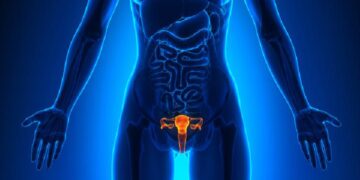How much should I weigh?
Brantner notes that most people overestimate the amount of weight they can lose, which can lead to feelings of frustration. He suggests that to get to a healthy weight, review your adult weight history and determine a weight value that you can naturally and relatively easily maintain.
If you gain weight right after your wedding day, don’t force yourself to fit into that bridal gown, says Dr. Thomas W. “Weight gain is accompanied by increased enlargement of fat cells, and you may never be able to return to the weight you were when you got married.”
As opposed to being overly concerned with the number on the dial, Brantner recommends setting realistic action goals: “Eat breakfast, walk every day, and eat more fruits and vegetables. Having action goals makes it easier to be successful and will make you feel better.” Stick with them for 3 to 6 months and these actions will become a part of your life.

Eat nutritious, 10-calorie-per-pound (0.45 kg) foods (low fat, rich in lean protein, high in fiber) based on your current weight, exercise a little more, and measure your weight monthly.
Dr. Thomas W. says, “Your weight will fix itself, usually after a 10% reduction, and it will stabilize, which is a good time to maintain your weight.” When you reach a healthy weight, you can eat 12 calories per pound.
Your weight “set value”
Thomas W., PhD, director of the Center for Weight and Eating Disorders Research at the University of Pennsylvania School of Medicine, says, “Just as our body temperature stays around 98.6°F (37°C), our weight fluctuates between 10 and 20 percent of our current body weight. This range of weight fluctuation is called the “set point.”
This value is not genetically determined, diet and exercise habits are also determinants of the set value. Dr. Thomas W. says, “Overeating overloads the internal regulatory system, so the set point will increase, but it’s much harder to decrease.” Weight will increase accordingly, “readjusting” the set point to prevent weight gain again.
It is possible, but difficult, to lower this range. “With a healthy diet and exercise, you can also lower your set point.” So says Brantner.
The weight you really need to lose
If you are overweight, then losing 10 percent of your body weight will bring many benefits to your health, including lower blood pressure, cholesterol levels and blood sugar, keeping you away from heart disease. Not only that, but experts say that such weight loss is easier to get and maintain, enabling you to eventually lose weight successfully.





































